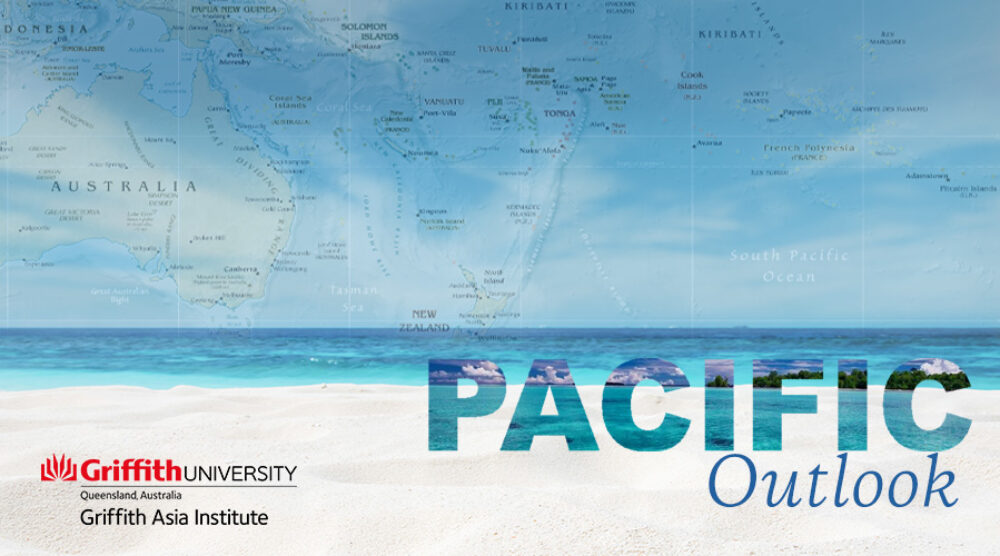New security centre to be located in Vanuatu
The government of Australia has announced that its Fusion Centre will be homed in Vanuatu. The Centre has been operating from Canberra since September of last year. There have been 21 analysts from 14 countries working in the Centre on short-term secondments.
In a joint press release, the foreign ministers of Australia and Vanuatu state that the purpose of this Centre is to progress regional security objectives as set out under the terms of the Boe Declaration that was signed by Pacific Islands Forum leaders in 2018.
The Pacific Fusion Centre has been established to collect information from a range of sources in order to support Pacific policy makers by making available timely and accurate information so they can respond to the security challenges that are significant across the region. They include climate change, illegal fishing, drug smuggling, human trafficking and the spread of disinformation.
CIVICUS report notes concerns around civil space in Fiji
A report released by CIVICUS documents concerns relating to Fiji. The international non-profit organisation tracks the impacts of government action on civil space in countries around the world.
In a recent edition of its ‘Monitor’ a number of concerns are raised in relation to Fiji. They include the cancellation of a religious debate by the Fiji Broadcasting Commission on the orders of the Prime Minister, Voreqe Bainimarama.
Also documented are the whistle blower claims that the country’s Human Rights Commission is blocked from investigating complaints against the police and military by the country’s authorities.
Other areas of concern involve changes to the Companies Act that requires some NGOs to publish audited accounts revealing their donors, prosecution of a leading trade unionist and the apparently arbitrary cancellation of a permit for an Opposition political party to hold a meeting.
Foreign Ministers meet online
A meeting of the Forum Foreign Ministers was convened online last week. All 18 members of the Pacific Islands Forum were represented, although some by senior officials only.
Unsurprisingly, the impacts of COVID-19 dominated the discussions. The Ministers reaffirmed the importance of both multilateralism and regional solidarity in addressing the challenges the pandemic presents. Repatriation of nationals of member countries is a concern and the meeting has tasked the Secretariat to look into the feasibility of establishing a Regional Quarantine Facility.
However, Ministers were also clear that the implications of COVID-19 should not be allowed to disrupt efforts to pursue ambitious action on climate change. The meeting called on the international community to meet or even exceed commitments made under the Paris Agreement. They also called for greater political engagement and advocacy in the lead up to COP26 in 2021.
PACER Plus achieves ratification deadline
The regional trade agreement “Pacific Agreement on Closer Economic Relations” (PACER Plus) has now been ratified by eight of the signatory countries, with Cook Islands getting it across the line. This means that the agreement will enter into force on December 13th.
The agreement has been a long time in the making with many arguing that its impact on increased trade and prosperity in the region is likely to be minimal. The two biggest island economies, Fiji and Papua New Guinea, are not signatories to the arrangement.
It was expected that Vanuatu would be the eighth country to ratify PACER Plus. However, the Vanuatu position has long been that they will wait until kava producers can have access to the Australian market before taking that step.
There has been no announcement as to where the secretariat for PACER Plus will be located.
More information on the impacts of COVID-19 on Pacific businesses
New research sheds light on the impacts of COVID-19 on businesses in the Pacific islands region. The study, which was commissioned by Austrade, complements ongoing work being done by Pacific Trade Invest (PTI).
The Austrade research focuses on Australian businesses that have operations in the region whereas the PTI focuses on businesses that are wholly located in Pacific island countries.
The Austrade sample reflects a 51% ‘significant decline’ in revenue as a result of COVID-19. This compares with 71% of businesses in the PTI sample. So, it would appear that businesses in the Pacific are suffering more than Australian businesses that have Pacific aspects to their work. Similarly, among the companies surveyed by Austrade, a little over half (51%) say they expect their Pacific revenue to return to normal in 2021. Among Pacific businesses surveyed by PTI, this level of confidence is shared by only 36% of respondents.
Tess Newton Cain is an Adjunct Associate Professor at the Griffith Asia Institute and project lead of the Pacific Hub.








